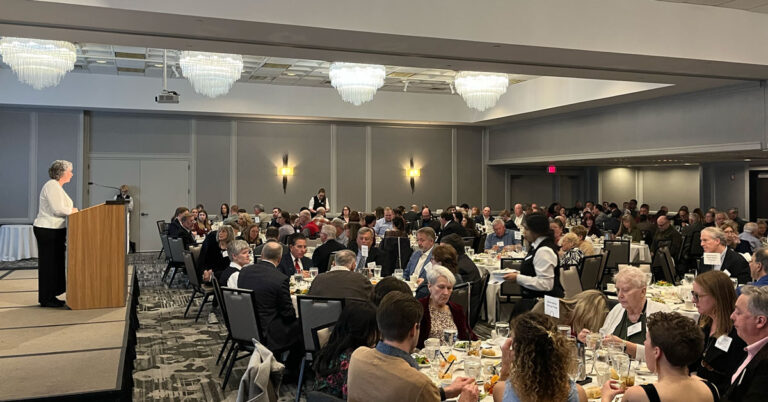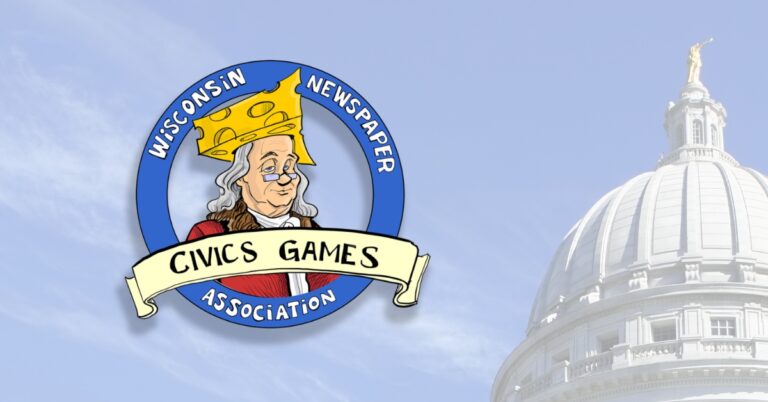The Capitol Report, produced by WisPolitics.com — a nonpartisan, Madison-based news service that specializes in coverage of government and politics — provides a weekly analysis of issues being
debated in Wisconsin state government. It is underwritten by the WNA and produced exclusively for its members. WisPolitics President Jeff Mayers is a former editor and reporter for the Associated Press and a former political writer for the Wisconsin State Journal. The WisPolitics logo can be downloaded here.
Editor’s note: This column is provided to Wisconsin Newspaper Association members by WisPolitics.com. Proper attribution to WisPolitics.com is appreciated. Also, please publish the tagline that is included at the end of the column.
Voters show support for closing ‘dark store’ loophole, legalizing marijuana
Advocates who want pro-marijuana legislation and a bill to rein in “dark stores” are hoping for progress in the next two years.
That’s after the approval of various local advisory referendums around the state on Nov. 6.
Voters in more than 20 counties, cities and villages across the state threw their support behind referendums to urge lawmakers to pass legislation closing the so-called “dark store” loophole.
The measures received widespread support. The narrowest margin — 19.5 percent — came from Jefferson County, where around 60 percent of respondents voted to back legislation on the topic, while 40 percent opposed it.
The biggest margin of victory came from Dane County, where 91.8 percent of voters backed legislation and only 8.2 percent didn’t — a margin of 83.6 percent.
The advisory referendums — from two villages, four cities and 17 counties across the state — came after lawmakers earlier this session debated legislation to prevent stores from basing their property value on vacant properties or “dark stores,” which have lower property value and can be taxed less. Two bills on the issue each failed to clear the Legislature, including a last-ditch effort in the Assembly to amend a bill to include language on the topic.
The ballot questions followed a campaign from the League of Wisconsin Municipalities, Wisconsin Counties Association and Wisconsin Towns Association against the so-called loophole, which included a “call to action” component for local governments to pass resolutions this fall.
Wisconsin Counties Association Executive Director Mark O’Connell touted the widespread support, saying the results “show that this is a common-sense issue.”
“The voters have spoken, and now we encourage the Governor-elect and the Legislature to take up this issue and close the dark store loopholes,” he said in a news release. “This is a tax shift, mainly to homeowners, and we encourage our state officials to act in January.”
But Wisconsin Manufacturers & Commerce Director of Tax, Transportation and Legal Affairs Cory Fish countered in a statement that the results “proved nothing more than the fact that municipalities and counties have a talent for writing biased and factually inaccurate questions for the ballot.”
“The so-called ‘dark stores’ loophole is a myth,” he said. “In reality, the tax shift is from homeowners to businesses, and these proposals would simply legalize the unlawful actions of overly aggressive assessors who are looking to increase taxes on businesses of all sizes in their communities.”
And the state’s most populous counties also voted in favor of legalizing, regulating and taxing marijuana.
Voters in Dane and Milwaukee counties were asked to weigh in on legal cannabis on Nov. 6 through similar advisory referendum questions. Fourteen other counties and two cities also had marijuana-related questions on the ballot, all of which passed easily.
“It’s definitely the biggest win for cannabis ever in Wisconsin,” said Gary Storck, an activist and former lobbyist who’s been involved with the cannabis legalization effort in the state. He notes about 1 million Wisconsinites voted in favor of marijuana.
“That’s almost as many people that voted for Evers, or Walker,” he said. “You can’t put that back in the bottle.”
Dane County’s question asked voters if they think marijuana should be legalized, taxed and regulated for adults 21 or older, in the same way alcohol is treated. Milwaukee County’s question didn’t mention alcohol, but was largely the same.
Nearly 400,000 of Milwaukee County’s 950,000 residents answered the marijuana question, with over 260,000 voting yes. And about half of Dane County’s 530,000 residents voted on marijuana, with about 221,000 in favor.
The two cities with cannabis referendums, Racine and Waukesha, had very different questions.
In Waukesha, voters were asked if cannabis should be legalized in the state for medical purposes, and regulated in the same manner as prescription drugs. Over 76 percent voted in favor, with 23,731 voting yes and 7,243 voting no.
In Racine, voters were asked about marijuana through four different questions, dealing with recreational use, medical use, taxation and decriminalization. Medical use was more popular than recreational use, but voters were in favor of all four questions.
Many of these questions were put forth by local officials at the urging of their constituents. Some of those voters were motivated by a desire for medical cannabis availability, either for themselves or their loved ones.
“The public was engaged, showing up in great numbers to testify in favor of these referendums,” Storck added. “There’s lots of momentum going.”
The Capitol Report is written by editorial staff at WisPolitics.com, a nonpartisan, Madison-based news service that specializes in coverage of government and politics, and is distributed for publication by members of the Wisconsin Newspaper Association.
Copyright © WisPolitics.com



